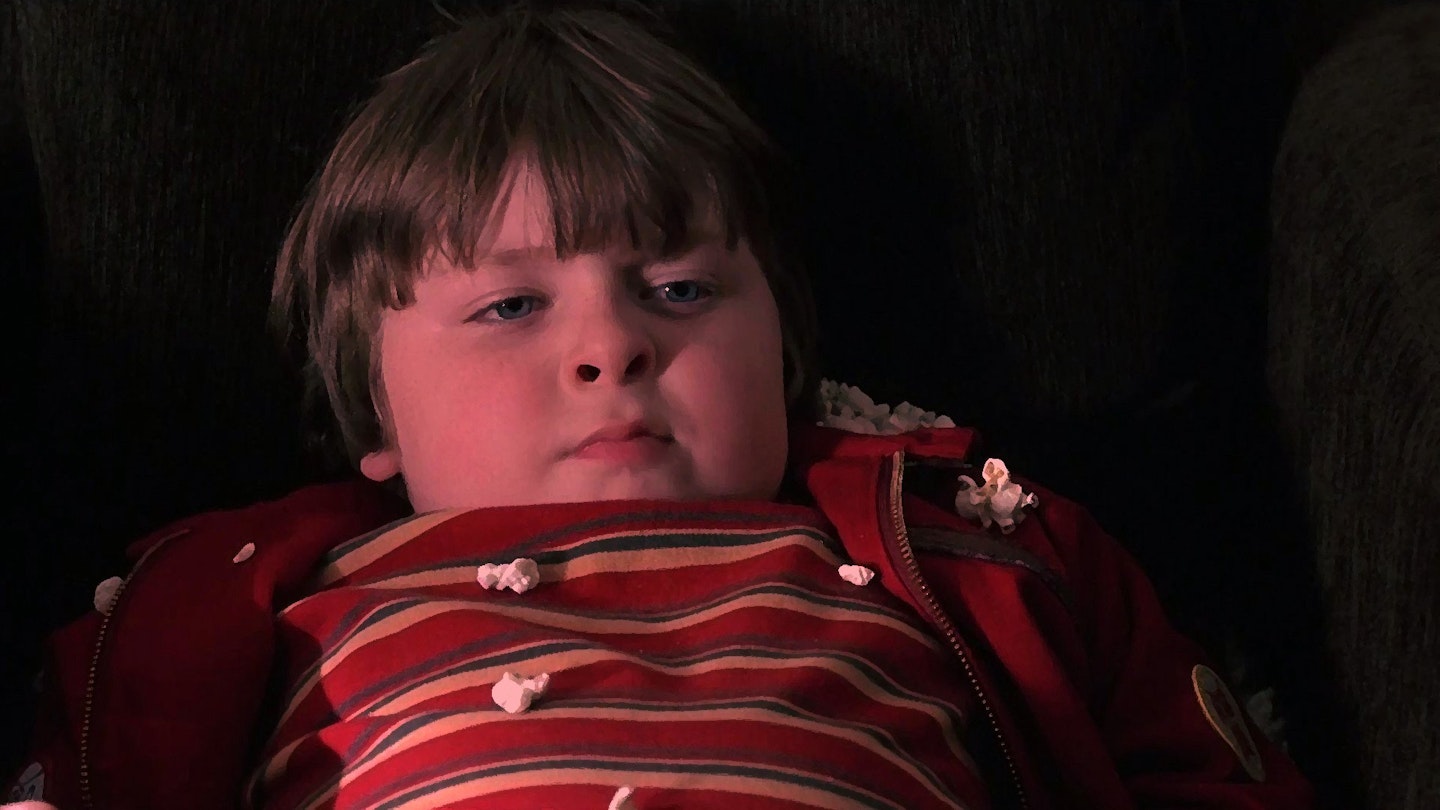Contrasting sharply with Bruce Willis last screen appearance with a supernaturally challenged eight year-old, Disneys The Kid is reminiscent of the kind of pleasant, unchallenging matinée movies that happily kept summer-holidaying children off the streets before the advent of big-budget event flicks. Were it not for the presence of Willis, it would quite probably have vanished straight to video without anyone batting an eyelid. But while its far from ground-breaking stuff, its also surprisingly engaging, playing its only-in-the-movies situation for laughs and steering largely clear of unbearably cloying sentimentality.
Willis, handling the comedy here far better than he did in The Whole Nine Yards, is convincing enough as the seemingly heartless exec whose midlife crisis is obviously bubbling under the surface - but the film works best in the scenes with his pint-sized companion. The plump, freckled Breslin isnt nearly as annoying as some of the junior stars recently required to be cute on cue, which probably has something to do with the fact that the young Rusty, an awkward misfit whos everything his older self isnt, is fully intended to irritate.
And quite aside from sparking off Willis and nabbing his fair share of one-liners, Breslin provides a useful foil for the supporting players, especially Britains Emily Mortimer, who has a good deal more to do than your average romantic interest.
Its a one-joke movie, however, and neither Turteltaub nor Wells (who penned the similarly sparky The Truth About Cats & Dogs in 1996) can prevent the films eventual slide into gimmickry and inevitable mawkishness, leading to an outcome which seems just a little too convoluted and sugar-coated for its own good. For all the originality and charm it displays in the first hour, this is ultimately formula fare.
